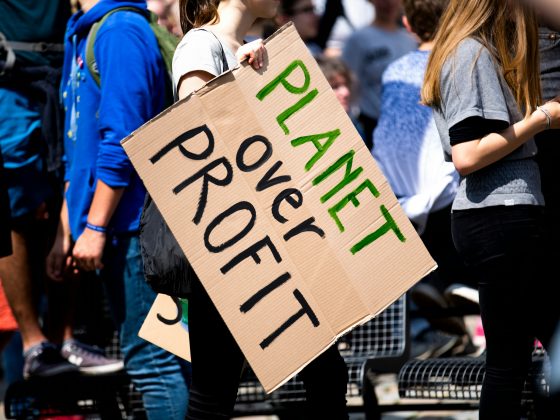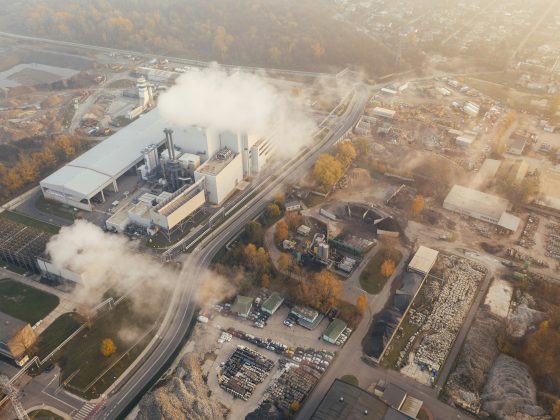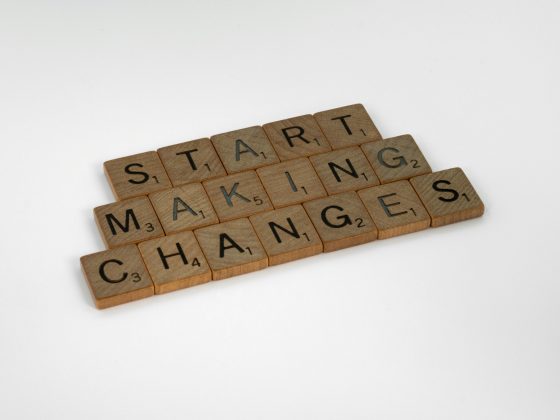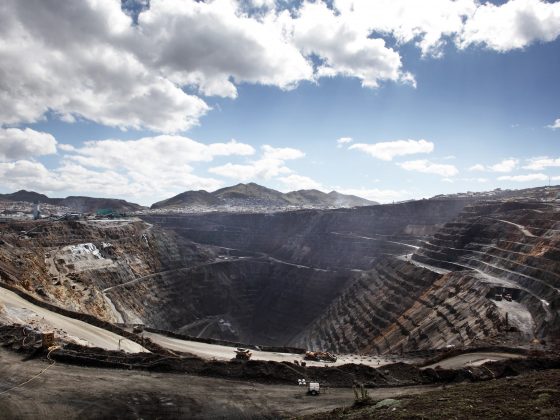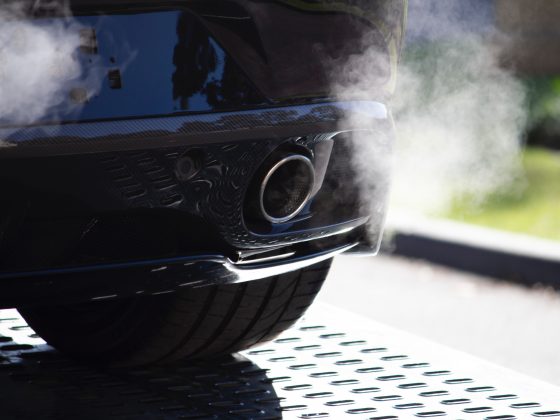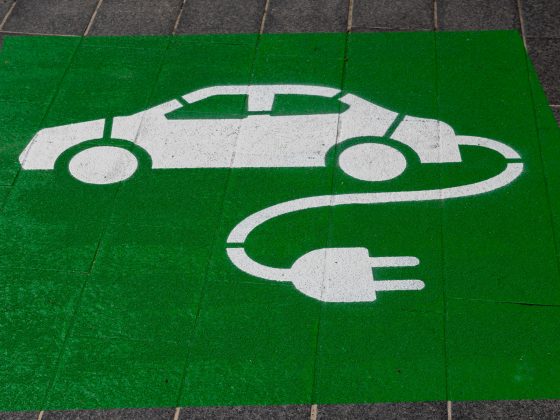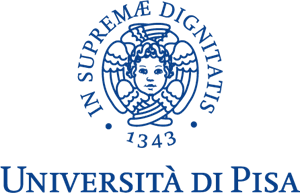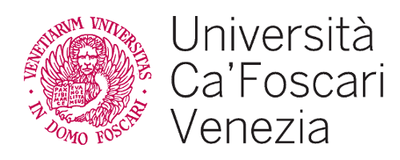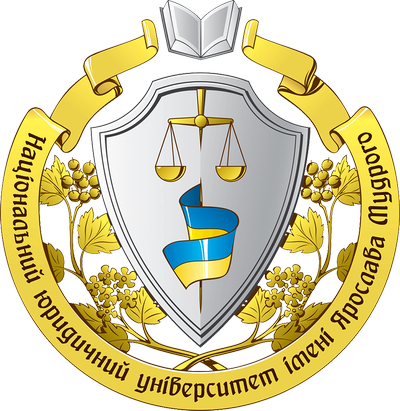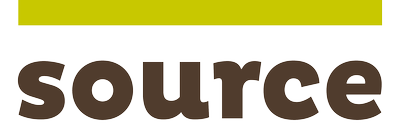Democratic erosion in Turkey has led to economic decline. Ahead of the May 14th election, Turkish business leaders have an opportunity to speak out to uphold democratic values.
May 14th will be a moment that defines a nation’s fate for 85 million Turkish citizens. The elections are not only decisive for the trajectory of the country’s democracy, but also for its economy. The colossal erosion of democracy in the past decade has been coupled with a transfer of wealth to a new economic elite through cronyism and corrupt practices.
This trend reflects how democratic erosion can also erode the free-market economy. It also demonstrates that the private sector is an important stakeholder of the rule of law, separation of powers, and human rights in a country. And yet there are also disincentives for citizens and companies alike to stand up for democratic values in environments where doing so comes at a cost.
As the elections are approaching, a wide political coalition has formed against the ruling alliance headed by President Erdoğan. This seems to be the best way to enable the country to restore its democratic credentials and get its spluttering economy back on its feet again. It also, though, raises questions about where companies are placed in this equation and the possible role they might play in safeguarding democracy in the country.
Erdoğan’s party, AKP, has been in power for the past 20 years. It has amassed immense power and has rarely shied away from utilising this power to further secure its grasp over institutions or even to dismantle them. Erdoğan has successively consolidated power in the face of challenges to his authority and in 2018 changed the parliamentary system into a presidential one. This has allowed him to substantially erode the checks and balances of the democratic system. Various democracy indices now classify Turkey as a “hybrid regime” and “not free”. Anti-democratic governance and a weakened rule of law are the main qualities that now define Turkey’s illiberal political regime.
An economy in shambles
Turkey’s shift away from democracy has also had major impacts on the economy. Since 2018, Erdoğan has been toying unsuccessfully with unconventional approaches to interest rates and inflation. This approach, combined with a high domestic demand, has increased public deficits and triggered a further acceleration of inflation and currency devaluation.
The erosion of the independence of the Central Bank, not to mention the imposition of five changes in the Bank’s president since 2018, have considerably impacted the credibility of the financial system. A jaw-dropping move to appoint his son-in-law as the finance minister was one of a number of other major missteps taken by Erdoğan that have resulted in the eventual plunge of the Turkish Lira. Unofficial capital controls limiting access to foreign currency, various caps on free exchange of goods and services, and an official inflation rate of 50% (and an unofficial inflation rate of 113%) all indicate a faltering and increasingly government-controlled rather than free market economy.
In an effort to establish a new economic order that suits its own purposes, the AKP government has promoted the establishment of religiously conservative business groups that support the political system. This has come at the expense of the long-standing liberally-oriented business elite. This trend is exemplified by the same five pro-government Turkish companies repeatedly winning government tenders, even to the extent of becoming the top tender winners in the world according to the World Bank.
Capitalism needs democracy
The economy is embedded within the wider societal system and of course within the political regime. The level of democracy in a country therefore not only affects the fundamental rights and freedoms of citizens, but also how effectively the markets function. As can be seen in Turkey, the market logic starts failing in undemocratic societies when it becomes the government’s strong fist rather than the invisible hand of the market that allocates resources.
It would be naïve, to say the least, to assume that while the freedoms of people are taken away in undemocratic regimes, the freedom of its markets will stay intact. Capitalism is not a self-sustaining system; it requires a functioning democracy to thrive. Capitalism without a functioning democracy leads to a corrupt system of wealth distribution favouring the political leaders and their cadre. This is where Turkey finds itself on the eve of its upcoming election.
What next for Turkey?
It is not just the political future of Turkey that will be decided this month but also the future of capitalism. If the opposition proves unable to win the elections and oust the Erdoğan government, the version of capitalism Turkey will be likely left with is one where companies close to the government continuously reap all the gains, leaving the population battling with high inflation, unemployment, and a bleak future.
If the opposition coalition does win, long-lasting changes are expected in the country towards restoring the rule of law and reinstating human rights. The stated goal is to manoeuvre towards a more liberal democracy again and restore investor confidence in the economy. If the economy is to be saved in Turkey, it must begin with saving the democracy.
Is there a role for the private sector to play?
Although the stakes are high for the average citizen on May 14th, they are even higher for the more liberally-oriented Turkish companies and their leaders. Many have lost market share to the pro-government newcomers, while others have lost their licenses and been replaced by the president’s favourites. Some have even had to sell their companies to government-chosen counterparts, especially those in strategically important sectors. Hence, the old elites of the private sector are well aware of the criticality of the elections and the further possible damage an even more autocratic government will bring to the country and to their businesses. The question is, what should they do about it?
While politics is not the favourite subject for any company, at some point it can become an absolute necessity for a company to take a stand in favour of democratic values. Short-term logic might suggest company leaders should keep a low profile and not get involved in the political debate in a system where the oddballs get axed. However, they also have to be mindful of the consequences if everyone keeps a low profile and no one speaks up for democracy.
Major Turkish companies, like their international counterparts, proudly show off their social responsibility reports at investor meetings, pointing to all the positive impacts they have on society. But, we also have to ask: what societal responsibility is more important than upholding democratic values in a backsliding democracy? If we acknowledge corporations as crucial members of our modern societies and as responsible corporate citizens, what kind of citizens would they be if they stayed silent in the face of democratic – and economic – reversal in their country?
There are no straightforward answers to these difficult questions, and the answers may well vary depending on the context and the actors. So far, though, there have been few if any public statements from Turkey’s business elite. There is still time to take a position but Turkish businesses and their leaders only have a matter of days to make a choice about whether to stand up for what they believe in.




